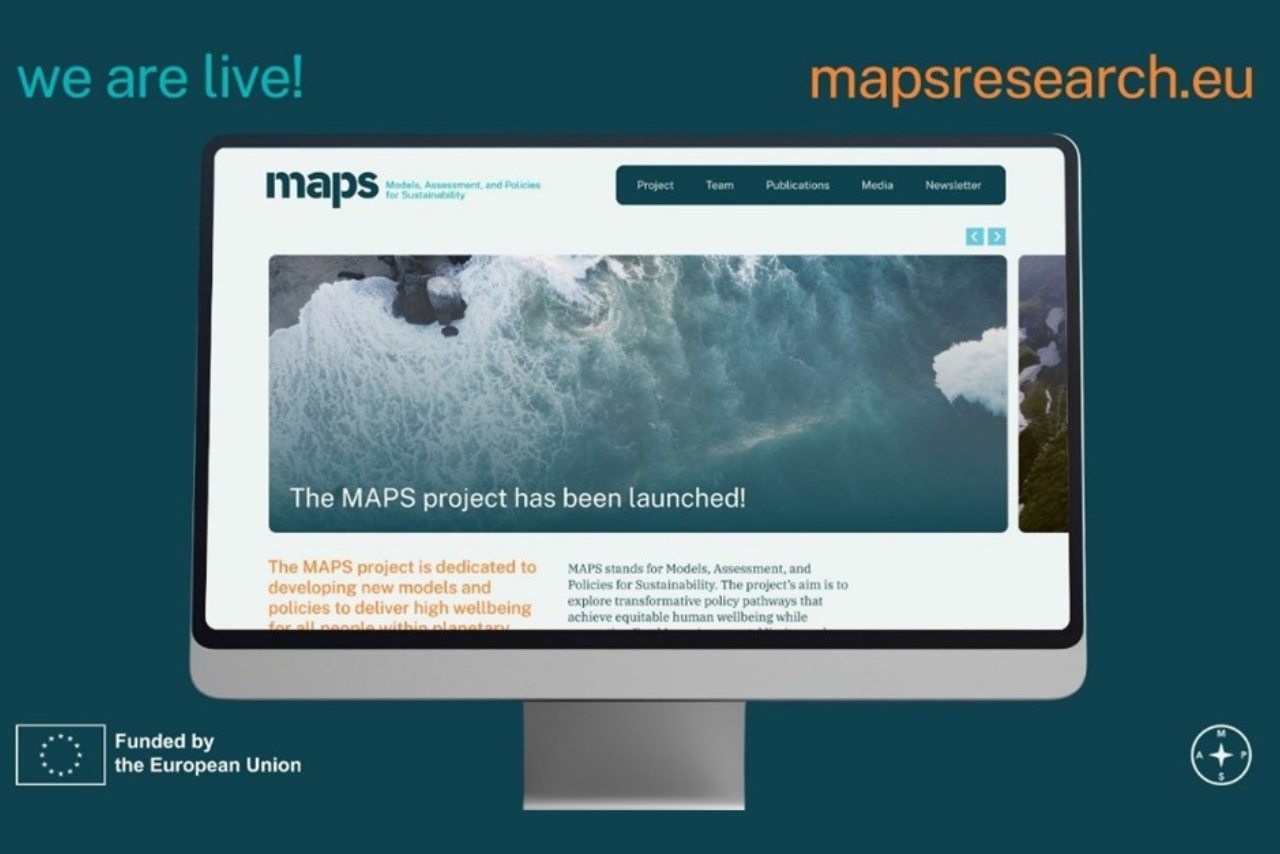Corvinus has joined the MAPS Project to Pioneer Post-Growth Research

The MAPS project focuses on creating transformative policy pathways to achieve high levels of wellbeing and environmental sustainability using state-of-the-art simulation models rooted in ecological macroeconomics. The project also addresses the limitations of current Integrated Assessment Models by developing new modules and preparing post-growth scenarios for the next major scientific assessments.
Key Highlights of the MAPS Project:
- Innovative Research: Developing new Models, Assessments, and Policies for Sustainability.
- Transformative Pathways: Exploring policy pathways for high wellbeing and environmental sustainability.
- Advanced Simulation Models: Utilizing cutting-edge models rooted in ecological macroeconomics.
- Scientific Contributions: Preparing post-growth scenarios for major scientific assessments.
We are excited to be part of the MAPS project and contribute to the development of sustainable policies and models that can lead to a better future for all.
said Federico Demaria, Associate professor at the University of Barcelona, and the coordinator of the project.
Our collaboration with leading institutions across Europe will enable us to make significant advancements in the field of ecological macroeconomics.
MAPS is coordinated by the University of Barcelona and brings together leading researchers from institutions across Europe, including the University of Pisa, University of Surrey, ZOE Institute for Future-fit Economies, Instituto Superior Técnico for Research and Development (IST-ID), University of Leeds, Corvinus University of Budapest, Universitat Autònoma de Barcelona, Tampere University, and Vienna University of Economics and Business (WU).
Explore the MAPS Project: For more information about the MAPS project, visit https://mapsresearch.eu/ and to stay updated on MAPS contributions: sign up for the MAPS newsletter at https://mapsresearch.eu/newsletter.